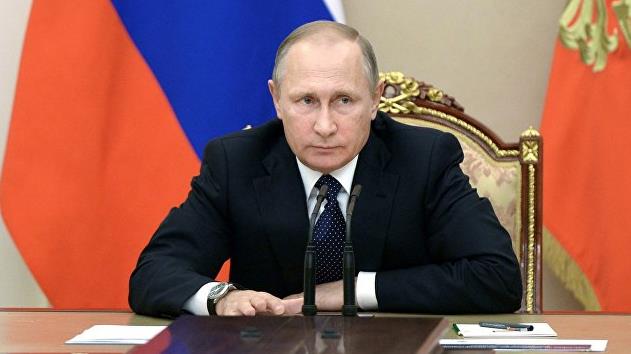A nation must think before it acts.
Throughout 2016 Russia made frequent headlines on most global news sites. This infamy was a result of Russia’s aggressive foreign policies. In addition to its belligerent actions in Ukraine which started in 2014, Russia’s image as an aggressor was further enhanced by its increasing involvement in Syria, and partly by its involvement in European and later American politics.
To an untrained eye Russia appears to have become a global superpower, a force to be reckoned with. The country is led by a strongman with domestic approval ratings consistently over 80%. Mr. Putin’s government can annex other countries’ territories despite the rest of the world’s disapproval (Crimea), stage covert or not so covert cyber-attacks on other states (Estonia in 2007, the US during the 2016 presidential campaign), fight hybrid wars in Europe’s backyard (Ukraine’s Donbas region), violate NATO airspace (the Baltic States throughout 2016), wage information wars with the outside world (media propaganda in the EU and beyond), or engage in more traditional warfare on behalf of belligerent leaders in places far away from home (Syria). But even such “superpowers” have to deal with large scale challenges abroad and at home, as aggressive foreign policies don’t come without serious consequences. The Western democracies have experienced serious setbacks over the 2016, practically guaranteeing that 2017 will be a turbulent one for the US and the EU, but it doesn’t mean that life will be easier for Putin’s Russia in the coming year.
Continue reading “Five Major Challenges Putin’s Russia Will Have to Face in 2017”




